Unlike the form of extra classes that are often associated with exam pressure in Vietnam, in the US, supplementary learning programs are voluntary, focusing on expanding knowledge, developing skills and supporting students with special needs.
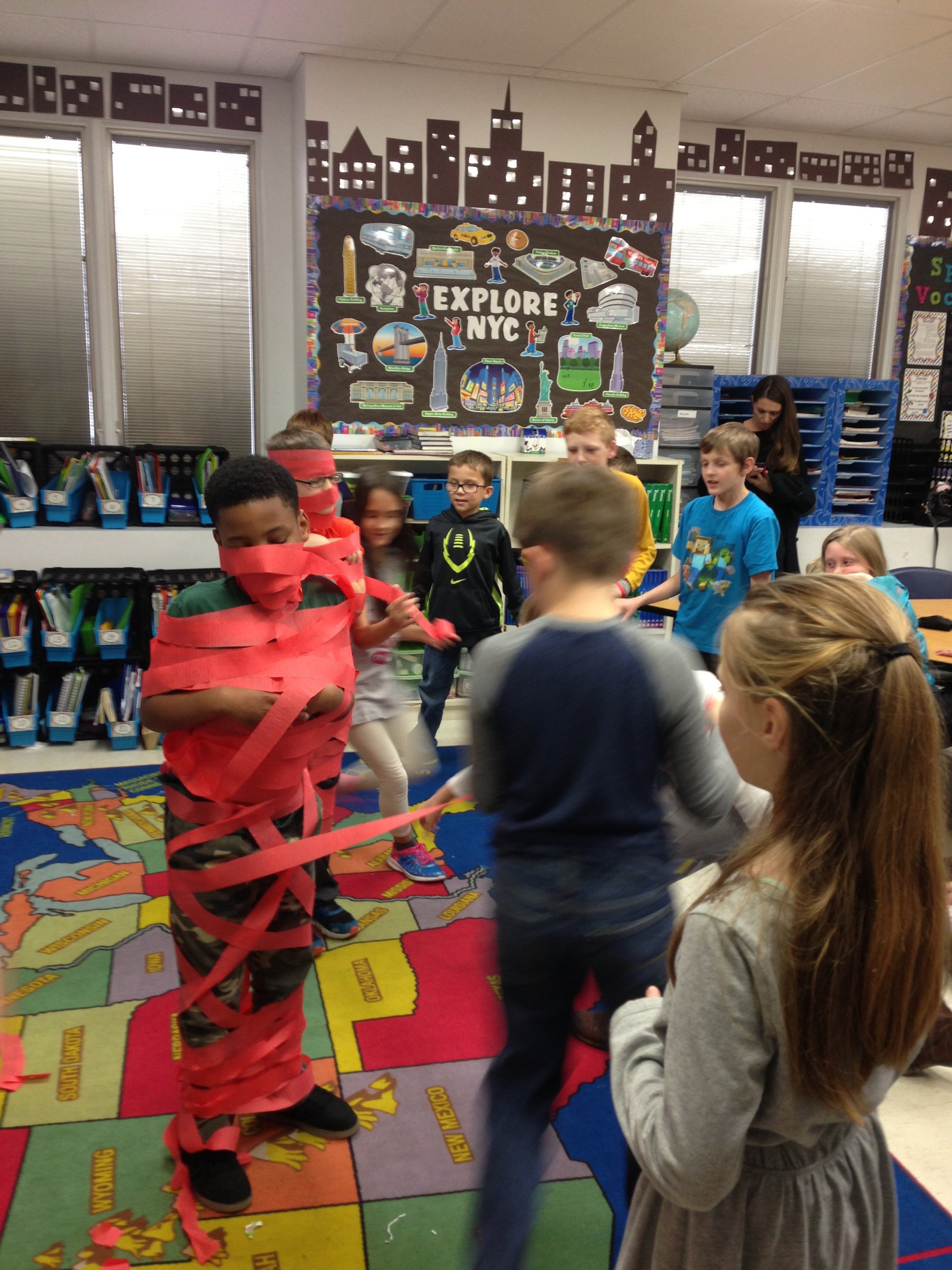
Extracurricular activities to hone skills are always carried out in and out of class for students in the US - Photo: PHAN QUOC VINH
Extracurricular learning in the US after the main curriculum is not only limited to consolidating knowledge but also includes many diverse programs such as: personal tutoring between teachers or excellent students to guide weak students or students who need to improve their knowledge, organizing extracurricular programs such as science clubs, math, art, sports, etc.
Diverse additional learning programs
In the United States, starting in Pre-Kintergarten, many busy parents enroll their children in after-school programs commonly known as "After-School Programs" or "Extended Day Programs".
These programs provide supervised learning and recreational activities for students after regular school hours, often organized by schools, community centers, or non-profit organizations.
In the next grades, the extra learning in the program continues to take place before or after regular school hours. When my older daughter was in elementary school at Martin Warrens School (Missouri), she often signed up to meet with her math teacher to discuss her work at 7:20 a.m. before the 7:50 a.m. bell.
Or when I transferred to Westlake Academy (Texas), I still occasionally signed up for a 30-minute after-school meeting with my Spanish teacher to ask more questions. Of course, each class has an average ratio of 14-20 students to each teacher, so signing up is easier.
After school clubs at Bear Creek Elementary School that my daughter attends include: Puzzle, Jewelry Junkie, News, Craft, Tabletop Gaming, Pokemon, Baking, Hispanic Heritage, etc.
In addition to the prescribed formal education programs, the two daughters also took "supplementary" courses in many free online courses such as Khan Academy, Coursera or EdX, which offer many courses to expand their knowledge; at the same time, they also participated in academic summer camps from universities and other educational organizations to help children access new knowledge as well as prepare for college.
For high school students, if they have determined the general career they love, they can choose to study at Advanced Learning Centers. These places offer advanced courses in the field of Career and Technical Education (CTE) for high school students to prepare them with the necessary skills for their careers after graduating from high school.
Here, students can participate in a variety of CTE pathways, including areas such as engineering, health sciences, public service, visual arts, and commerce. These programs are designed to provide knowledge and hands-on experience, preparing students to be ready for work upon graduation or to continue their studies at a higher level.
There is still pressure
In the United States, there is also a "one pot fits all" situation in education. If a student has average academic performance or his family has limited finances, he can only study at a moderate level, as well as participate in supplementary activities without paying fees.
Families with better economic conditions will participate in quality paid after-school programs at school or at outside centers.
Primary classes in some places often have a 45-minute "Flex time" during which normal students will take out their books to read or do their own work, while excellent students selected after taking the entrance exam will go to Gifted & Talented classes to learn more advanced knowledge before returning to continue studying the general program.
Every year in the United States, standardized tests in key subjects are administered to rank each student in each school against state and national results.
Some schools in Texas want to grasp the ability of each student after each semester to absorb knowledge to what extent, so they let students participate in regional standardized tests (MAP) to know their ability level and provide timely support measures so that students can do well on the Texas statewide STAAR test.
STAAR (State of Texas Assessments of Academic Readiness) is a standardized test administered by the state of Texas to students in grades 3 through 12 that many schools use as standardized testing.
Therefore, the school board and teachers must find every method to teach students effectively because the exams are conducted on computers, the scores are directly on the software and the results are sent to each parent. If the results are low, parents will certainly be advised to send their children to teachers for extra tutoring after school every day.
However, many schools in the US still face challenges because many tutoring programs require expensive tuition, making it difficult for low-income families. Students are under academic pressure, leading to overload.
In addition, students in remote areas, receiving little funding or having economic difficulties will also have less opportunity to participate in quality tutoring programs.
Don't follow the trend
In general, in the United States there is no equalization in education nor is there a trend of extra classes. Parents actually decide this based on each child's ability as well as the family's conditions.
Preparation luggage
If you have children preparing to enter high school, many American parents are familiar with the term "PRE" (preparatory baggage). These include Pre-SAT (PSAT - Preliminary SAT) tests that prepare students for the official national SAT exam and also help students qualify for the National Merit Scholarship, Pre-ACT tests that prepare for the ACT exam, a popular standardized test for college admissions, Pre-IB (Pre-International Baccalaureate) to prepare for the IB Diploma program, Pre-med and Pre-law programs that help students prepare if they want to pursue medicine or law, and Pre-college programs that help high school students experience the college environment in advance.
Source: https://tuoitre.vn/day-them-hoc-them-o-my-ra-sao-20250215090042575.htm






























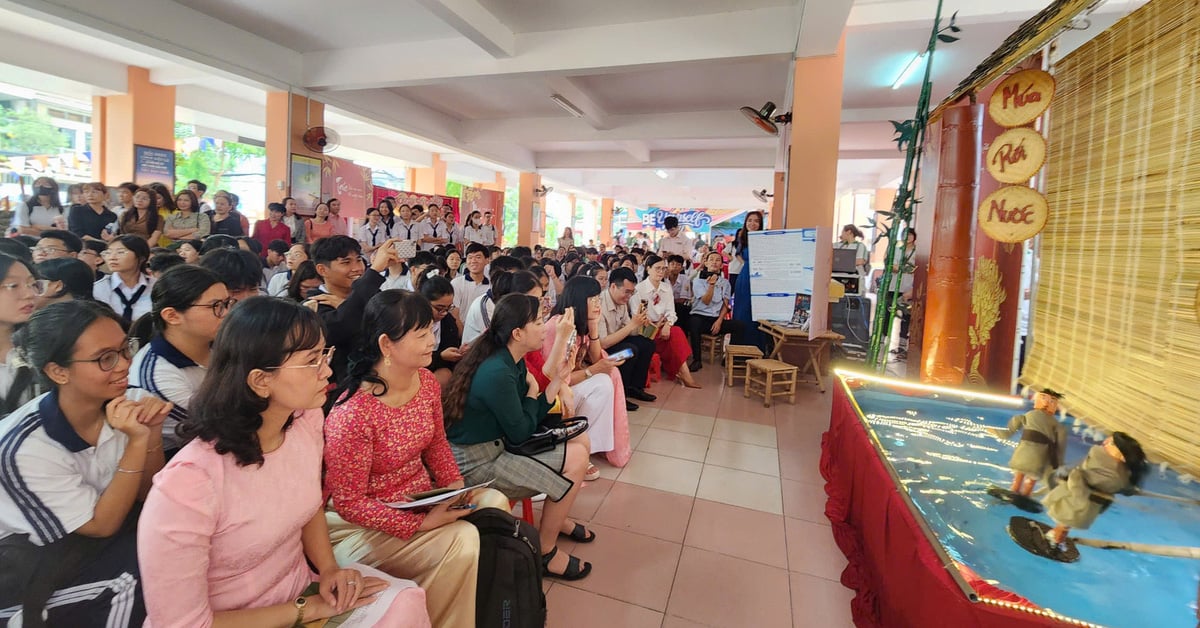
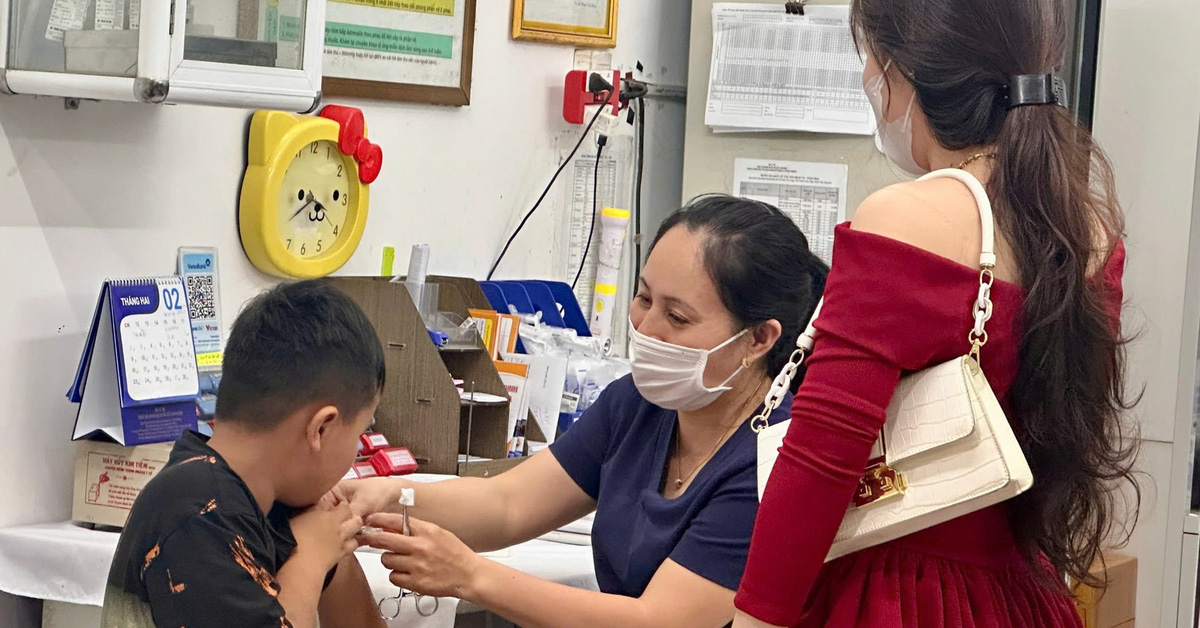
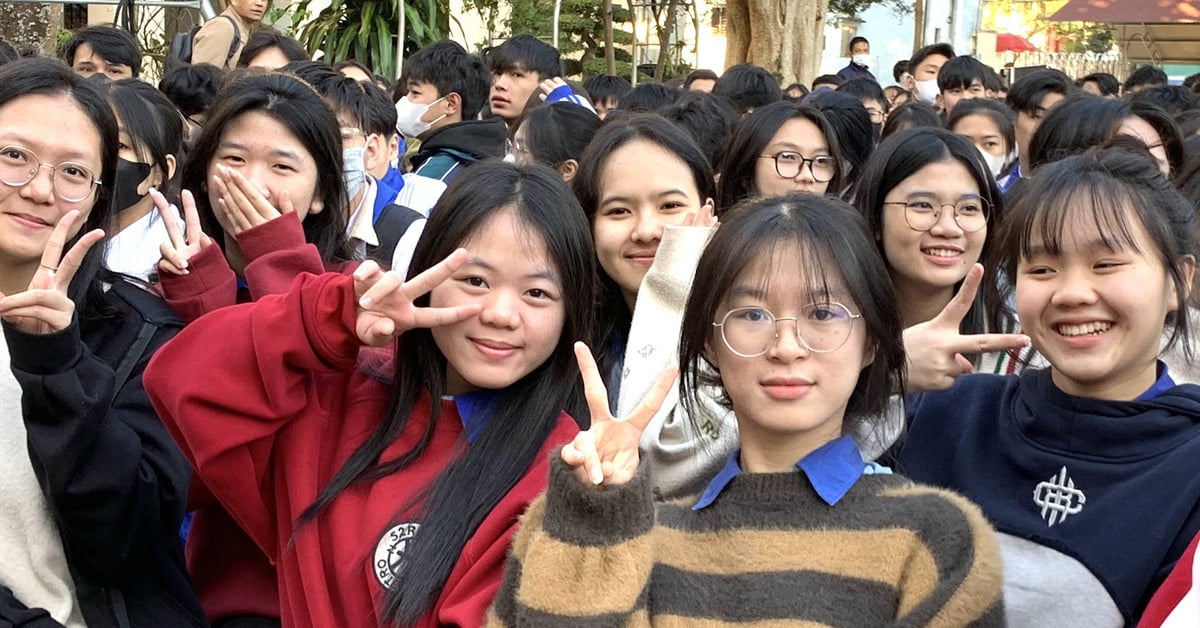

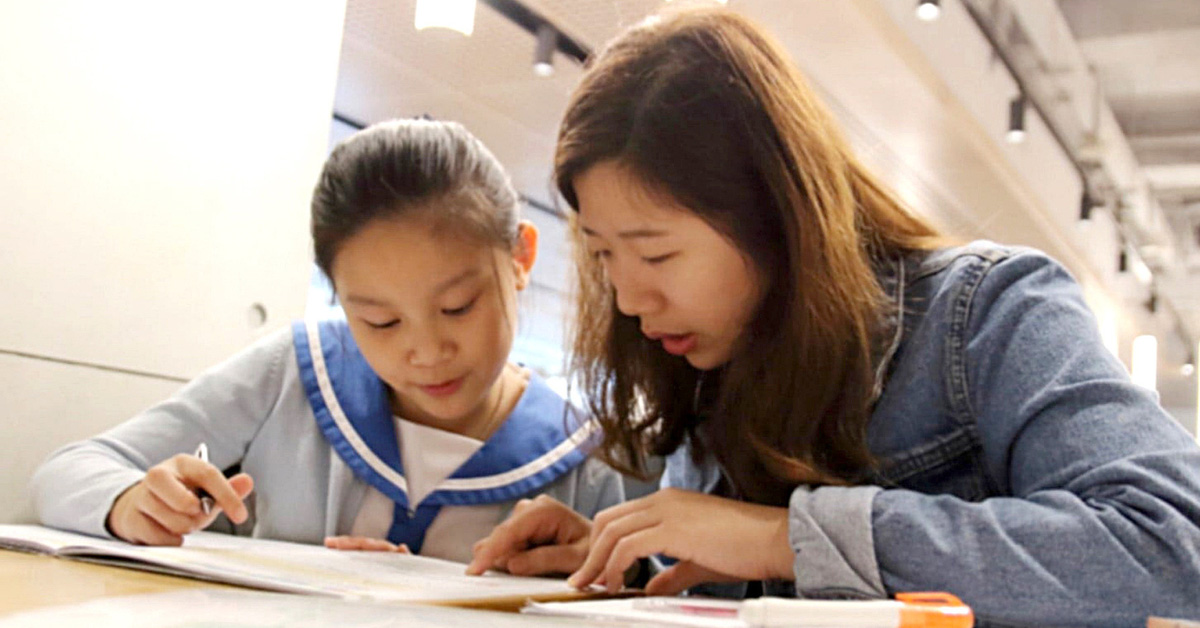
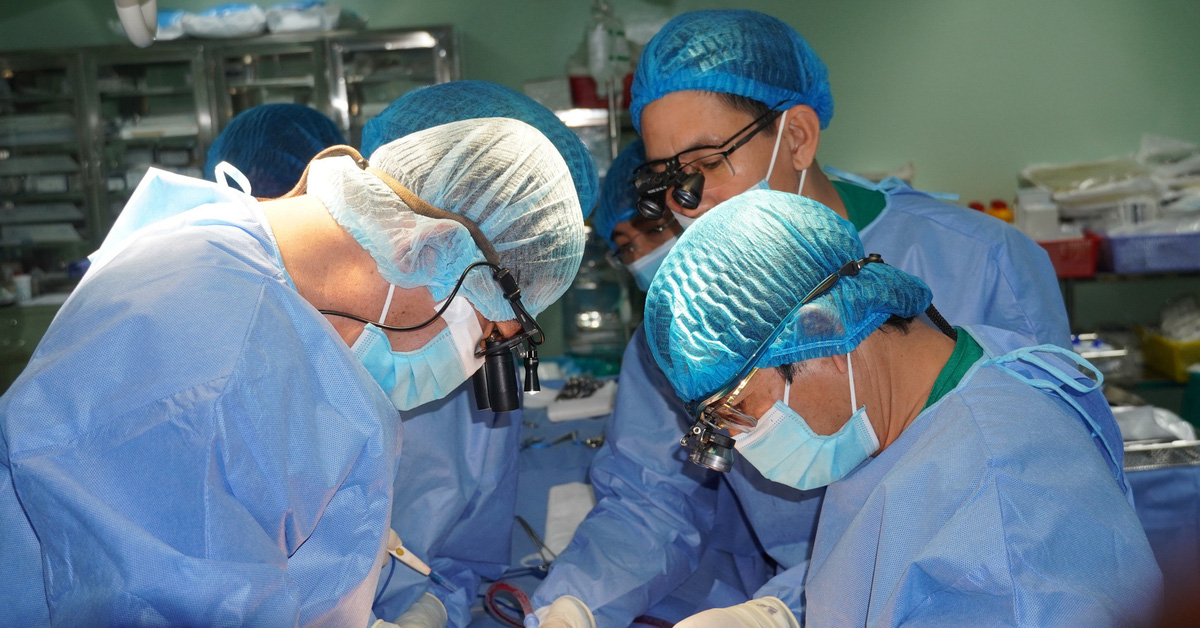
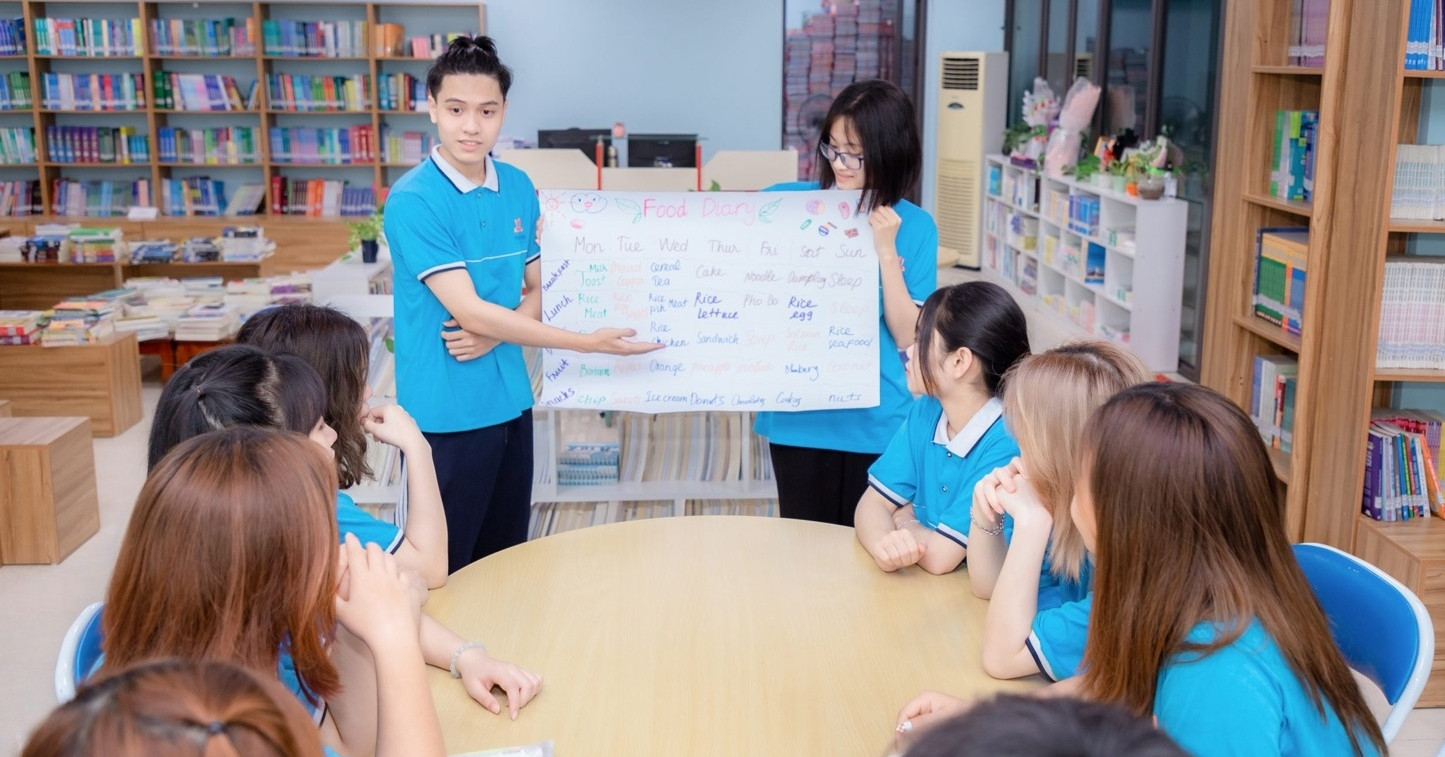

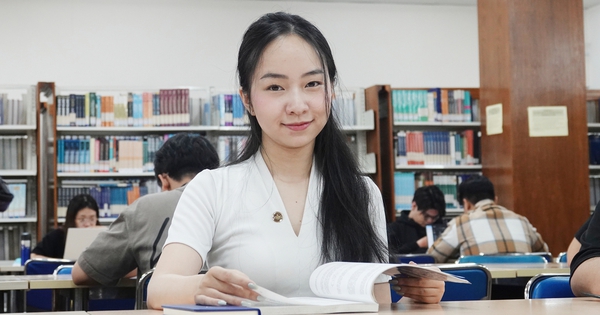

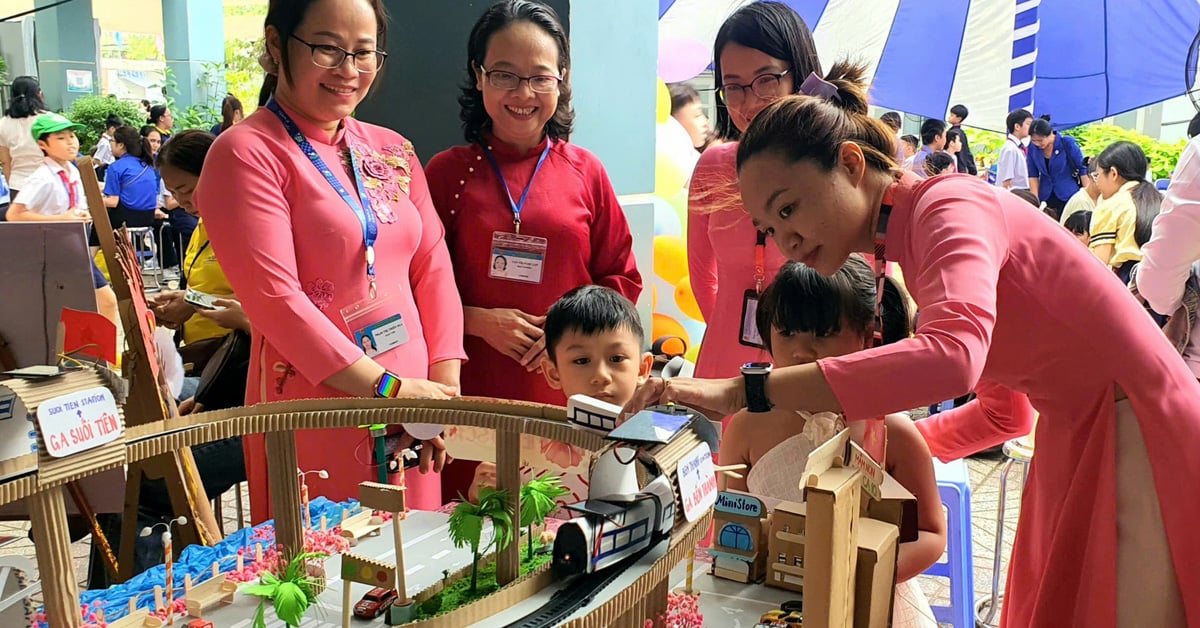
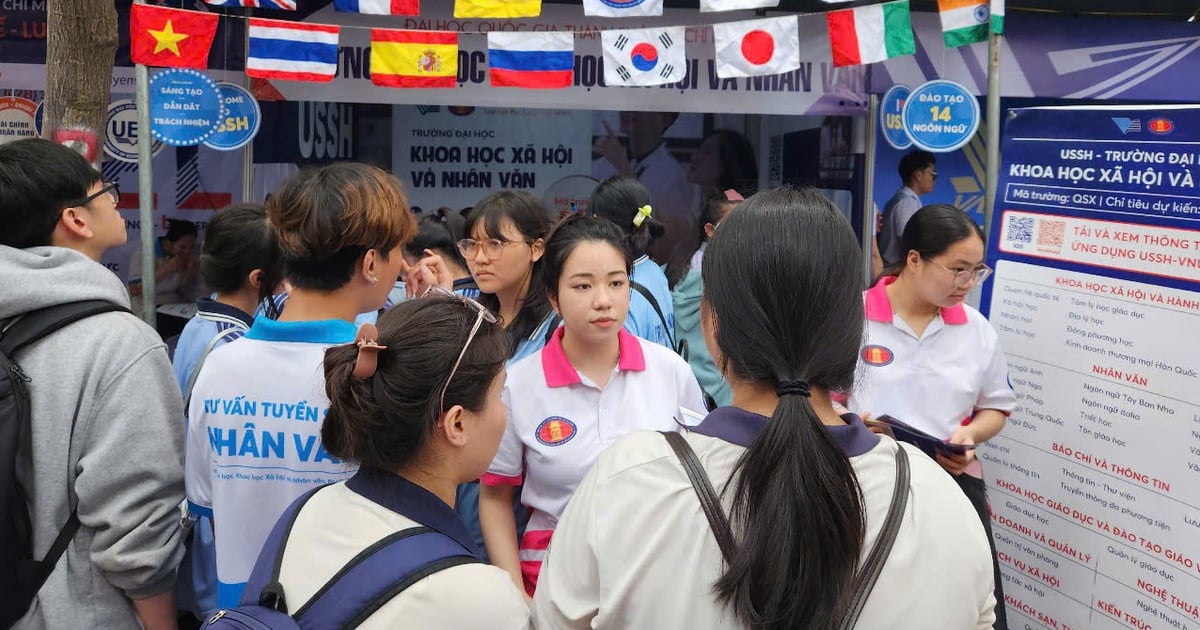

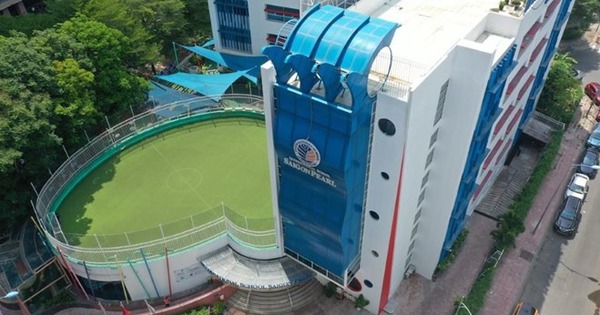


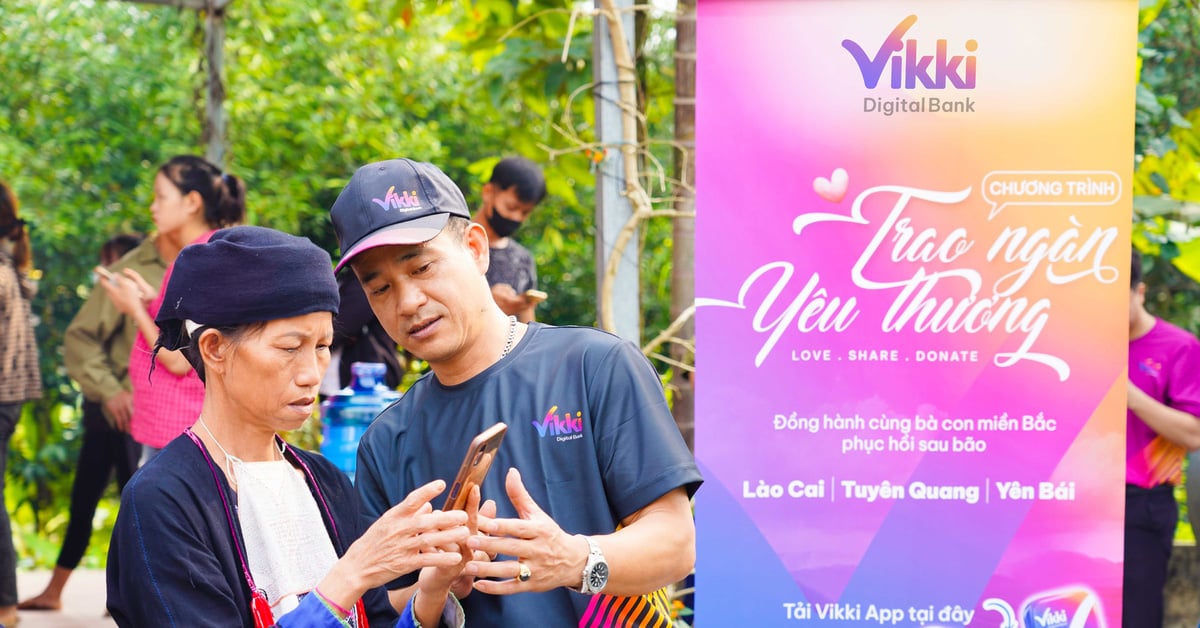
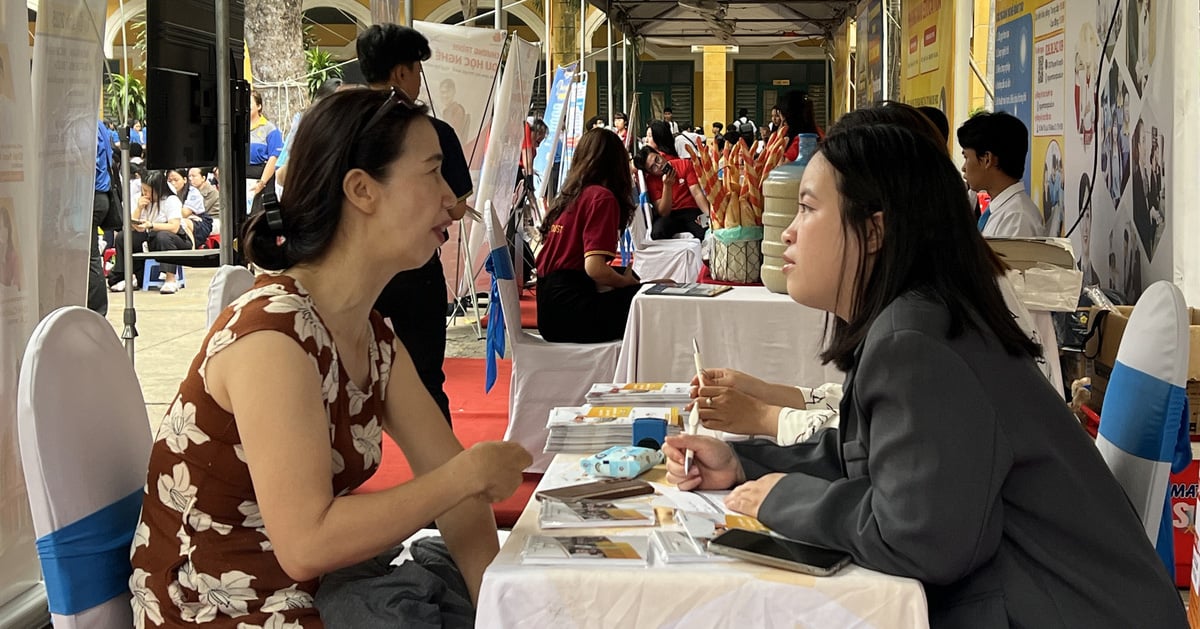





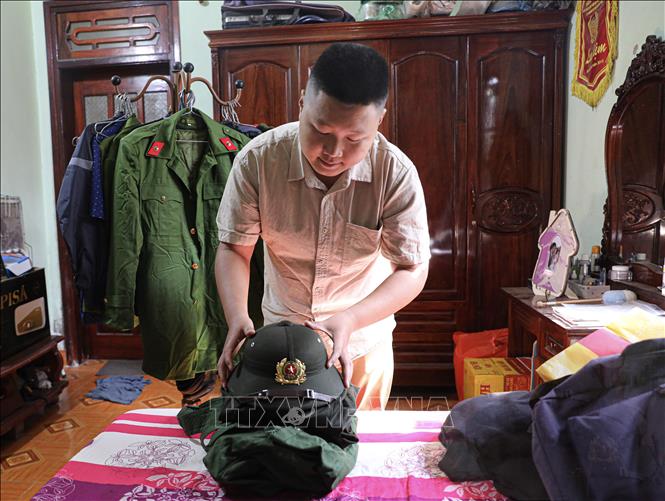

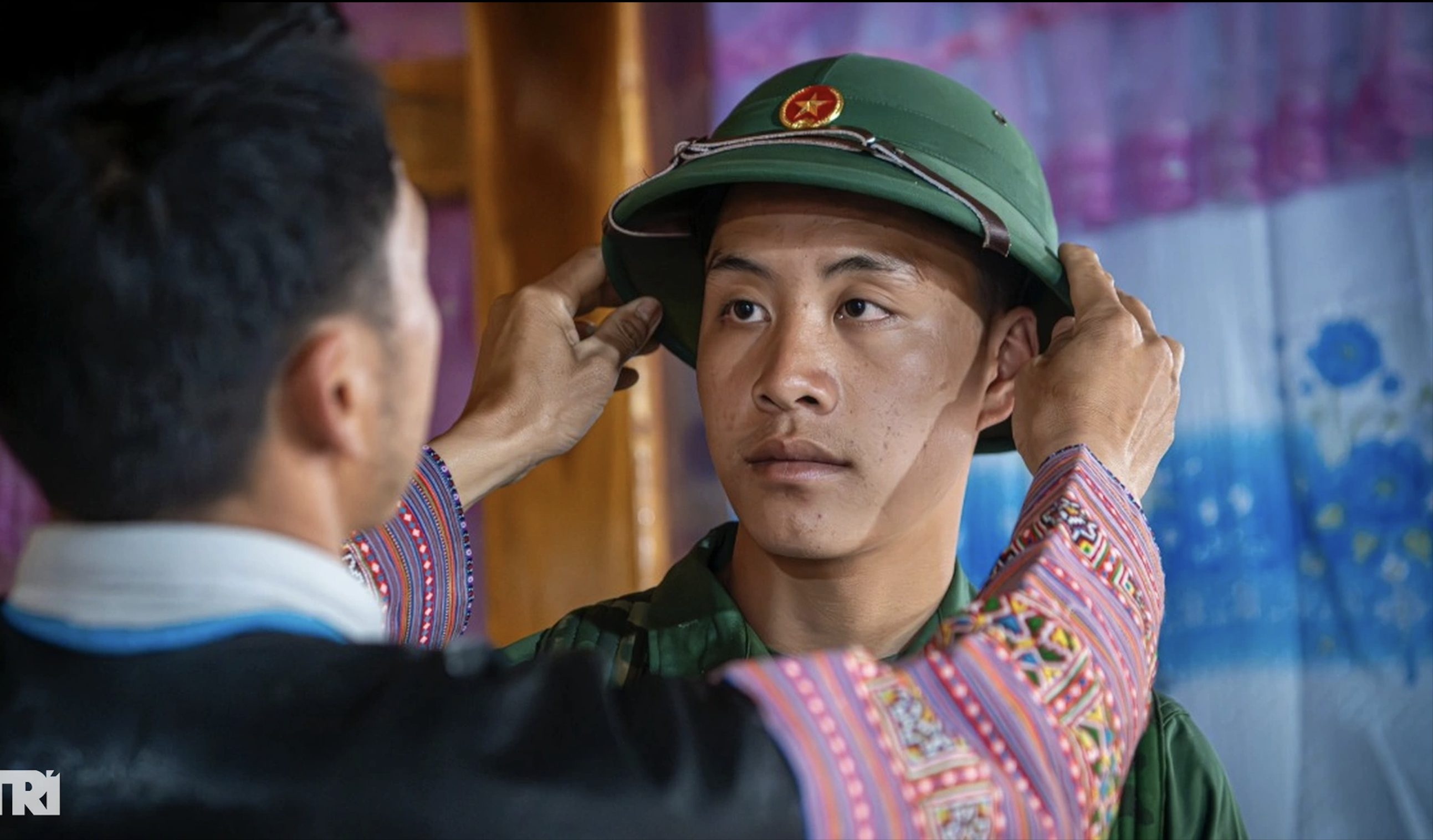
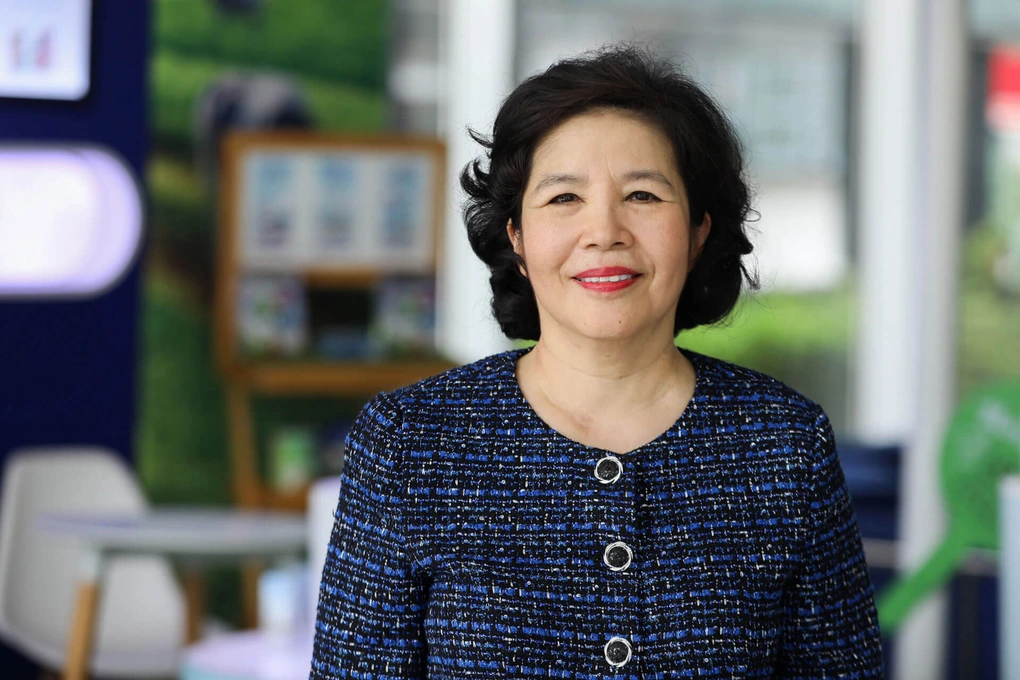




Comment (0)